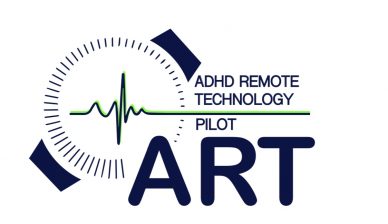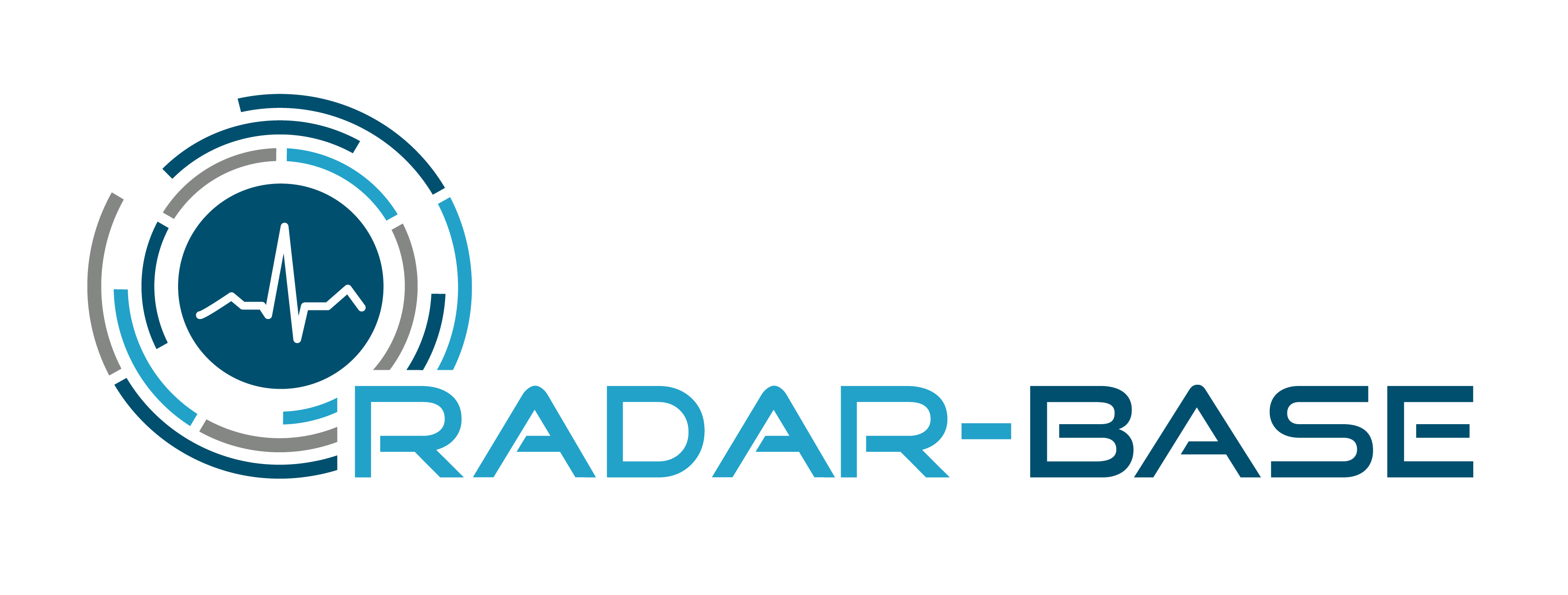ART: Attention-Deficit/Hyperactivity

ADHD Remote Technology (ART)
Attention-deficit/hyperactivity disorder (ADHD) is a common neurodevelopmental disorder that persists into adulthood in a significant proportion of individuals clinically diagnosed in childhood. The prevalence of ADHD among adults is 3-4% worldwide. The disorder is diagnosed based on impairing levels of inattentive, hyperactive and impulsive behaviours, but most adults with ADHD present with additional serious mental health problems including anxiety, depression, emotional instability, antisocial behaviour and autism spectrum disorder. Although adult ADHD is associated with an increased risk for negative outcomes, individual long-term outcomes are highly variable, with some individuals remitting in young adulthood, appearing free of clinical impairment. A better understanding of predictors and markers of different long-term ADHD outcomes is required for developing interventions that aim to halt adverse developmental trajectories.
The ART project focuses on developing a novel remote assessment system for ADHD that incorporates active and passive monitoring using mobile and web technologies. The long-term vision for this project is to establish a remote assessment and monitoring system for adults and adolescents with ADHD that can be applied to both research and clinical long-term monitoring of symptoms, impairments and health-related behaviours, with the ultimate aim to support self-management and clinician decision-making, and improve outcomes. Senior investigators: Prof Jonna Kuntsi, Prof Richard Dobson, Dr Vasa Curcin, Prof Philip Asherson, Prof Simon Parsons, Prof Chris Hollis, Dr Maddie Groom, Andrea Bilbow.

